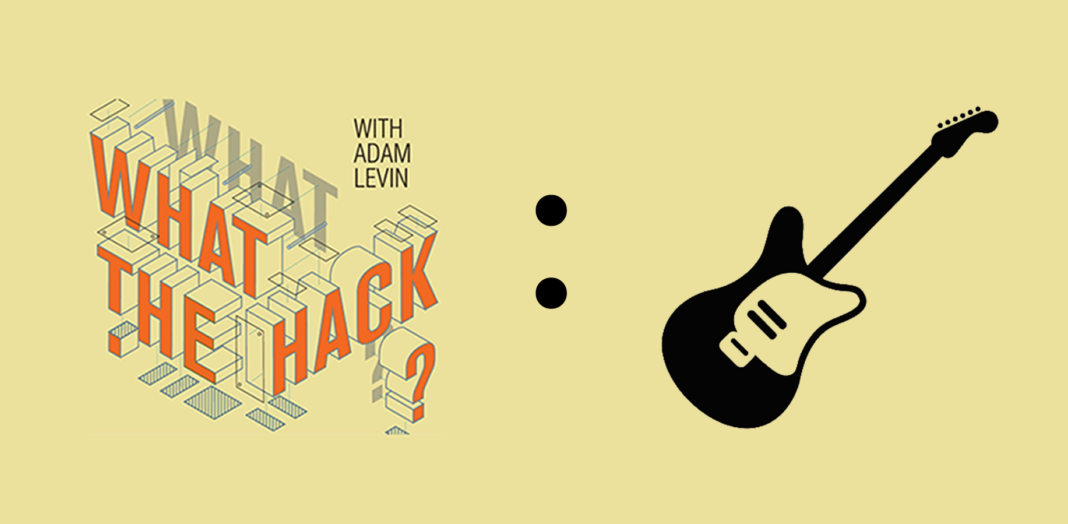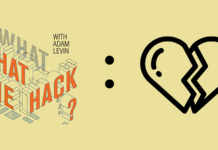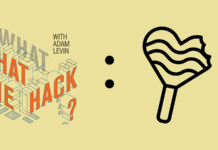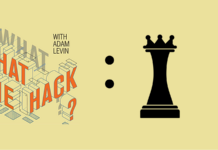Most “new” scams are just old ones with a fresh coat of paint. Many Covid-centric scams were rehashes of well-known tax and employment scams. Those emails from Nigerian princes were an update on the 19th century Spanish Prisoner, and so on. This shouldn’t be a surprise: If a scam works in one medium, it will probably work in another.
The overpayment scam is one trick that takes countless forms but usually has the same beats: A victim is overpaid for the sale of an item or services, typically several times the amount owed. The scammer reaches out for a refund, typically with an electronic payment service or by wire transfer. After refunding the money, the victim discovers that the original payment was fraudulent.
Musician Emily McVicker found this out the hard way. On this week’s episode of What the Hack with Adam Levin, Emily recounts her experience of being targeted on the Twitch video streaming platform with a new spin on the overpayment scam—one aimed squarely at musicians and content creators attempting to make a living in the Covid era.
Listen to the episode to find out how to identify and protect against the overpayment scam and to hear Emily perform her new hit, “Travis Taylor.”
If you like WTH, help us get the word out by giving us 5 stars on Apple, subscribing, and by writing a positive review if the spirit moves you. It really does help people find the show.
What the Hack with Adam Levin is available wherever you get your audio.
Read the transcript here.










